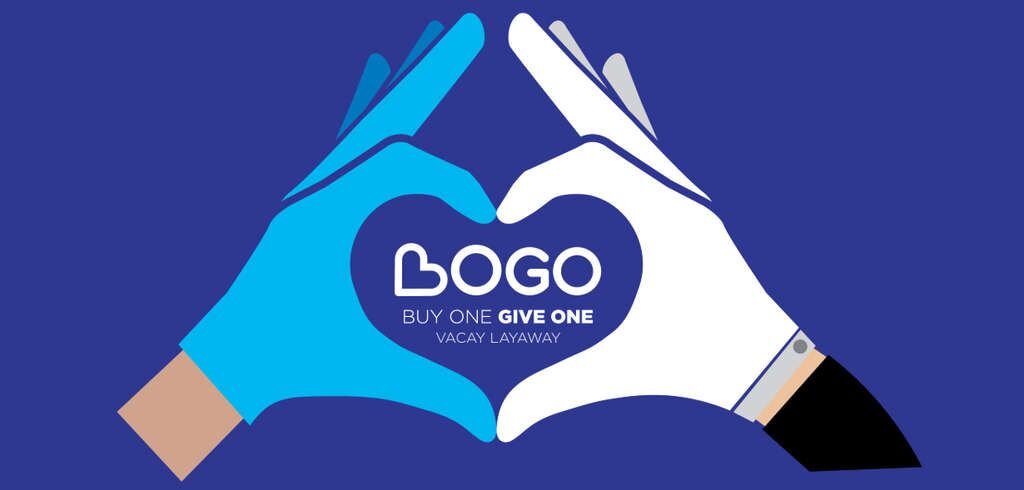The travel and tourism industry was thriving through the end of 2018, making it the eighth straight year of sustained industry growth. More than 1.4 billion people arrived at international ports around the world
In 2019, the United Nations World Tourism Organization estimated that one out of every ten jobs globally was linked to the travel and tourism industry.
This growth trend was projected to continue through 2022 until Covid-19 changed everything.To get an overview of what the Travel and Tourism industry looked like before this unprecedented disruption, we’ve compiled a list of the top 10 Largest Travel and Tourism Businesses in the World, arranged in order of 2018 total revenue. Two of the ten on our list are family-owned.
10. Travel Leaders Group
Country of Origin: USA
Revenue: 7.12 billion
Number of Employees: 4,000
Founded in 2008 and headquartered in New York, Travel Leaders Group is a relatively new company that caters primarily to upscale and corporate clientele.
In 2018, 71 per cent of revenue came from business travel, 25 per cent came from leisure travel, while four per cent came from other categories. Its network of hosted agents generated approximately $436.6 million in sales. Recent estimations suggest more than a third of all agents in North America work under the Travel Leaders Group umbrella either directly or indirectly
9. Royal Caribbean Cruises
Country of Origin: USA
Revenue: 9.49 billion
Number of Employees: 77,000
Royal Caribbean Cruises is one of just two cruise lines to make our list of top tourism businesses in the world. Founded in 1968 in Miami as Royal Caribbean International, the business has grown to become the world’s second-largest cruise line.
8. Walt Disney Parks, Resorts & Leisure
Country of Origin: USA
Revenue: 20.29 billion
No of Employees: 170,000
Disney Park’s 2018 total of $20.29 billion marks its ninth straight year of increases and nearly doubles the 2009 total of $10.67. Disney’s most attended Park is the Magic Kingdom in Florida with just under 21 million visitors in 2018
In total, Disney boasts six resort destinations with 12 theme parks and 53 resorts in the United States, Europe, and Asia. They also run a successful cruise line with four ships and plans for three more to be completed in 2021, 2022, and 2023.
7. Carnival Corporation & PLC
Country of Origin: USA
Revenue: 20.83 billion
Number of Employees: 120,000
Carnival Corporation & PLC holds the distinction of being the world’s largest leisure cruise line with a combined fleet of 102 ships visiting more than 700 ports all around the world. Carnival is a family-owned business
These cruise lines attract nearly 11.5 million guests annually – approximately half of the total global cruise market. With 225,000 daily cruise guests and 100,000 shipboard employees, an estimated 325,000+ people are sailing aboard the Carnival Corporation fleet every single day.
6. Flight Centre Travel Group
Country of Origin: Australia
Revenue: 21.8 billion
Number of Employees: 20,600
Flight Centre Travel Group was founded in Sydney in 1982 and currently stands as the largest retail travel agency in Australia
In 2018, Flight Centre Travel Group sold travel valued at approximately $60 million every day. Flight Centre travel group is currently headquartered in Brisbane. It operates more than 2,800 retail outlets in Australia, New Zealand, the United States, Canada, the United Kingdom, South Africa, Hong Kong, India, China, Singapore, the United Arab Emirates and Mexico with licence agreements in another 80 countries.
5. CWT
Country of Origin: USA
Revenue: 25 billion
Number of Employees: 18,000
CWT is a Minnesota-based, family-controlled travel management company perhaps best known by its former name Carlson Wagonlit Travel, which was rebranded as CWT in February 2019
4. BCD Travel
Country of Origin: Netherlands
Revenue: 27.1 billion
Number of Employees: 13,800
BCD Travel is a travel management company headquartered in Atlanta but is a subsidiary of the BCD Group located in the Netherlands. BCD Travel operates travel management services such as travel bookings, consulting and meetings and events in 109 countries around the world
3. Global Business Travel
Country of Origin: Netherlands
Unit Sales: 33.7 billion
No of Employees: 17,400
Initially American Express Global Business Travel, GBT is a world leader in business travel planning and management. The business is incorporated in the Netherlands but is headquartered out of New Jersey.
In 2018, Global Business Travel acquired Hogg Robinson Group, a travel company with roots that trace back to the 19th Century.
2. Booking Holdings
Country of Origin: USA
Revenue: 92.7 billion
Number of Employees: 24,500
Booking Holdings is one of the largest online search and booking platforms for flights, lodging, dining, car rentals and other travel-related services.
In 2017, travellers booked 673.1 million room nights of accommodation, 73.0 million rental car days, and 6.9 million aeroplane tickets using websites owned by Booking Holdings. That year, 93.4 per cent Booking Holdings’ revenues were from commissions, while 6.6 per cent of revenues came from advertising.
1. Expedia Group
Country of Origin:USA
2018 Revenue: 99 billion
Number of Employees: 24,000
One of the most recognisable brand names in the tourism industry fell just short of $100 billion in total revenue to top our list of tourism businesses. The Expedia Group provides an online platform for various travel-related needs In 2018, the business changed its corporate name from Expedia, Inc. to Expedia Group, Inc.
Just under 69 per cent of Expedia Group’s 2018 revenue came from lodging, 8 per cent from airline bookings, 9.7 per cent from advertising and media, and 13 per cent from other sources.






















